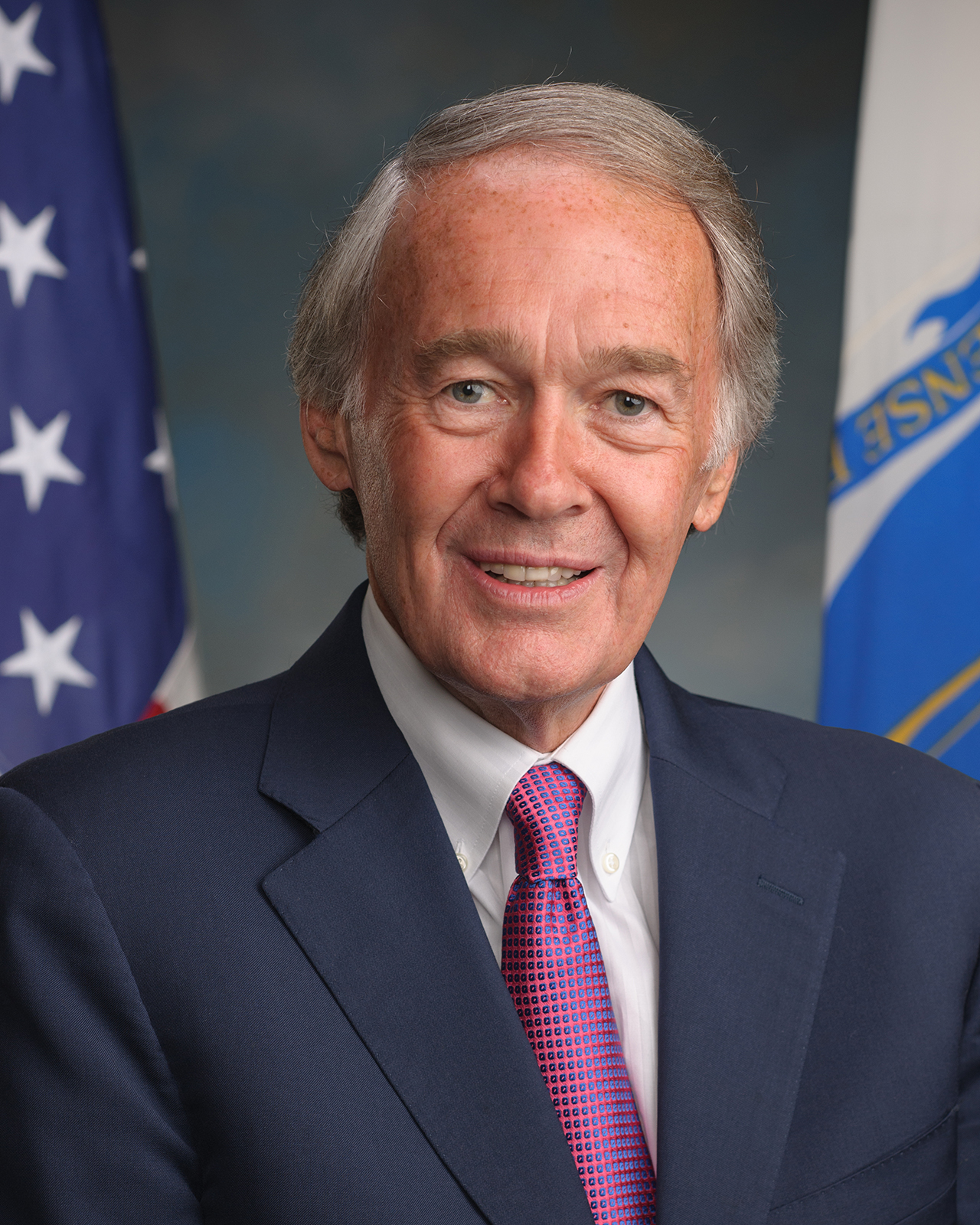
Senator Edward J. Markey (D-Mass) served for 37 years in the US House of Representatives and was elected to the US Senate in a special election in June 2013. Here, he discusses the importance of addressing fentanyl—the culprit behind overdoses.
In Massachusetts, we’re used to leading the nation in the policies that ensure progress and protect the public’s health. We were the first to legalize same-sex marriage and the first to provide near universal health care coverage for our residents. Our commitment to providing quality, comprehensive coverage has paid off—Massachusetts boasts one of the lowest rates of all states in the nation for motor vehicle fatalities, gun violence deaths, obesity, and infant mortality. Yet there is a tragic irony to our situation.
When it comes to the opioid crisis, although Massachusetts overdose deaths declined last year, we still rank among the states with the highest overdose rates in America. The reason for this can be summed up in one word—fentanyl.
In Massachusetts last year, among the opioid related deaths where a toxicology screen was available, of the 1,775 people who died from an overdose, approximately 85 percent—just over 1,500—tested positive for fentanyl. That’s up from 75 percent in 2016 and 50 percent the year before.
If we were to extrapolate the fentanyl detection numbers in Massachusetts to the rest of the country, we would be losing more than 75,000 people each year to fentanyl.
Illicit fentanyl is a crisis and a scourge. It is a human tragedy unfolding every day in homes, in alleyways, in the back seats of cars, in every city and town of our state.
The rise in fentanyl presents even more challenges in our response to the opioid epidemic, as fentanyl is changing the landscape of the crisis. Given fentanyl’s potency, reversing an overdose often requires multiple doses of the opioid antagonist naloxone. We are seeing increased incidences of infectious diseases associated with illicit drug use, including viral hepatitis. And I have heard too many stories from families who instantaneously lost loved ones after one, unsuspecting hit of fentanyl.
That’s why I authored legislation, the International Narcotics Trafficking Emergency Response by Detecting Incoming Contraband with Technology (INTERDICT) Act, to help stanch the flow of fentanyl across our borders. President Donald Trump signed this bill into law earlier this year. It provides desperately-needed funding to equip our border patrol agents with advanced technological tools and resources to help keep fentanyl from entering the country. I worked with my colleagues on the Senate Appropriations Committee to secure $65 million in funding for this technology as part of the Fiscal Year 2018 spending package.
But detecting fentanyl before it crosses our borders will not be enough. We must also continue to expand access to medication-assisted treatment so that those on waiting lists and in underserved regions of our country have a shot at recovery. I have introduced bipartisan legislation to increase the impact of a provision I authored in the Comprehensive Addiction and Recovery Act of 2016 and make permanent an expanded list of health care providers who can offer medication-assisted treatment.
As we provide a treatment plan for individuals living with opioid use disorder, we must also provide a treatment plan for the nation to help end the opioid epidemic. I recently introduced the bipartisan National Milestones to Measure Progress in Ending the Opioid Epidemic Act to require the federal government to set tangible benchmarks for how it is addressing the opioid crisis by measuring progress on key objectives each year. This legislation will create a roadmap for monitoring how our resources and policies are helping reverse this crisis, and will allow us to adjust accordingly.
The Grayken Center’s leadership on this issue and reputation in the field already surpasses its years. Its leadership and expertise is needed now more than ever.
Massachusetts may lead in opioid overdose deaths, but we are also a leader in responding to this epidemic. Some of our brightest minds in the Commonwealth have dedicated their lives to addressing various aspects of this public health crisis, and I am confident that, like in so many other areas, we will be the first state to reverse the course of this dangerous and deadly epidemic.